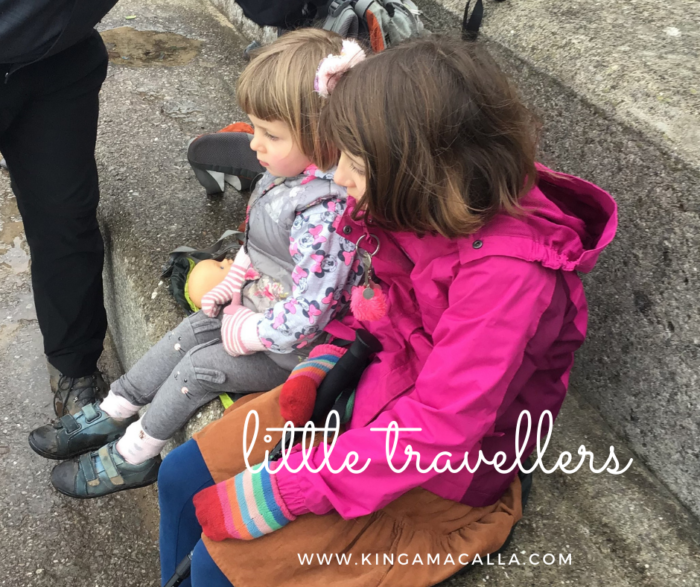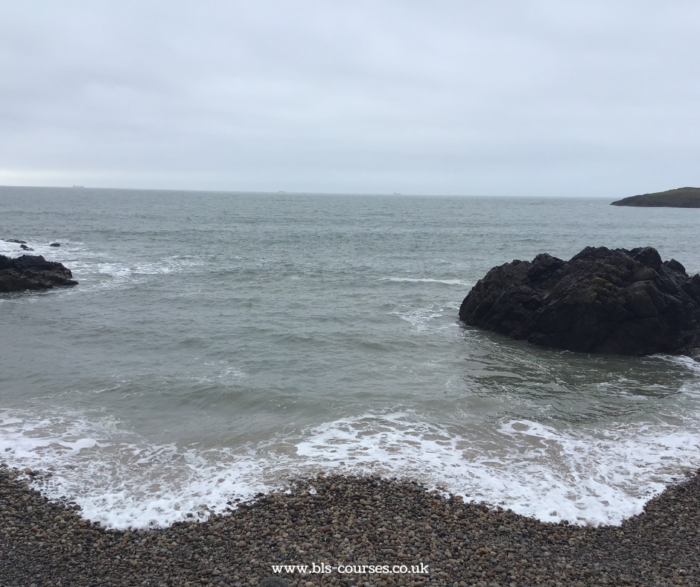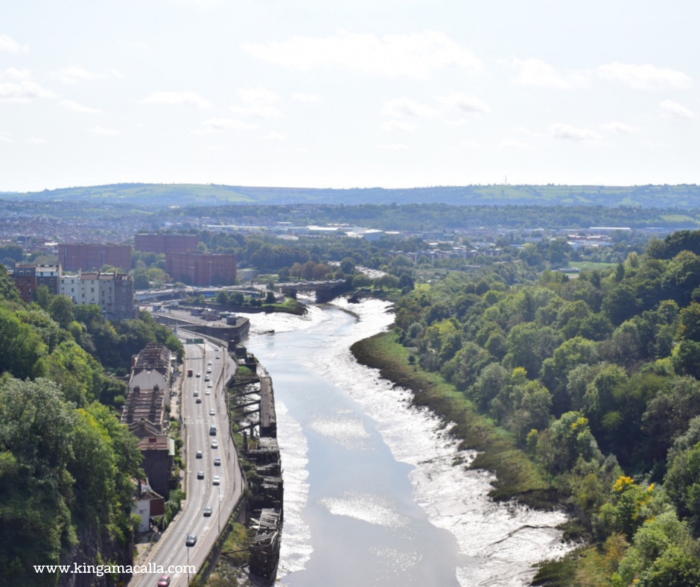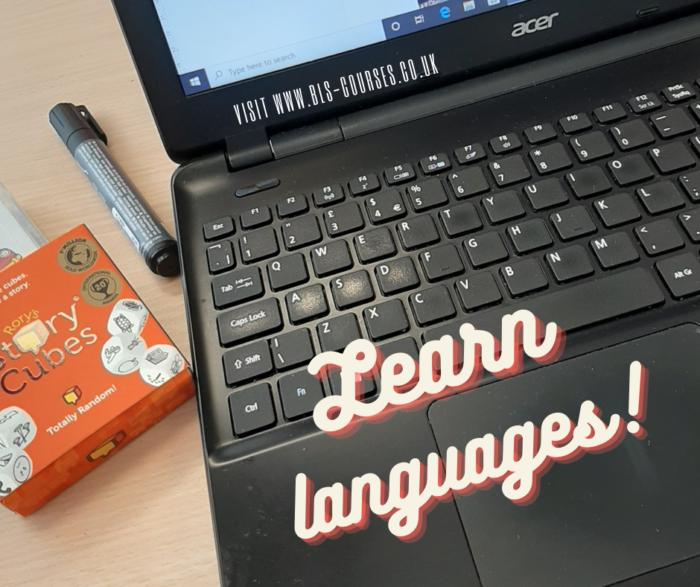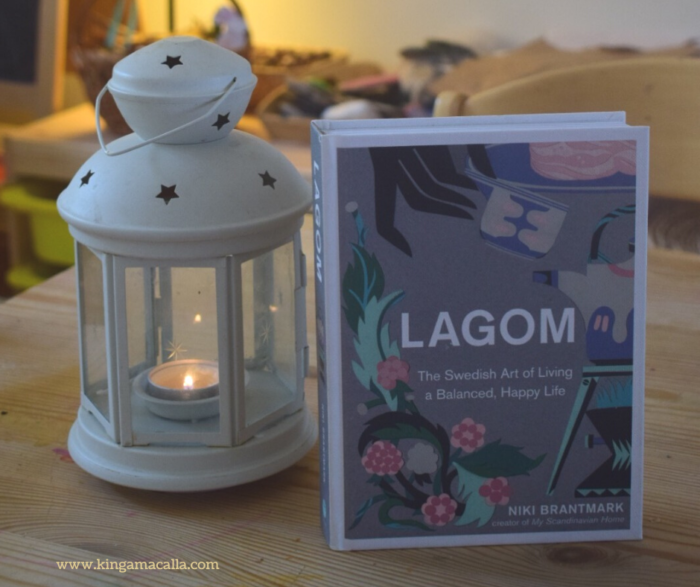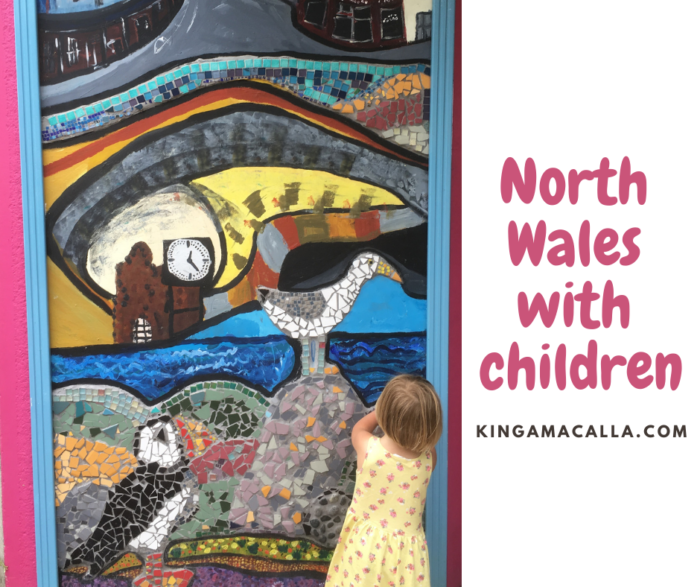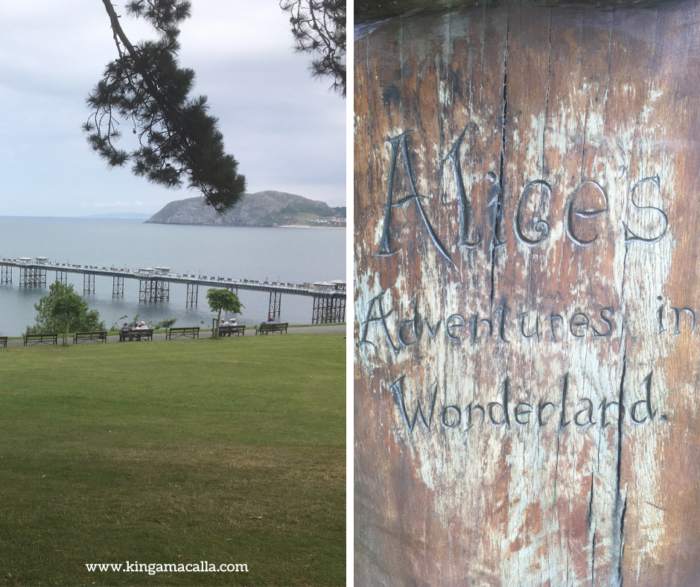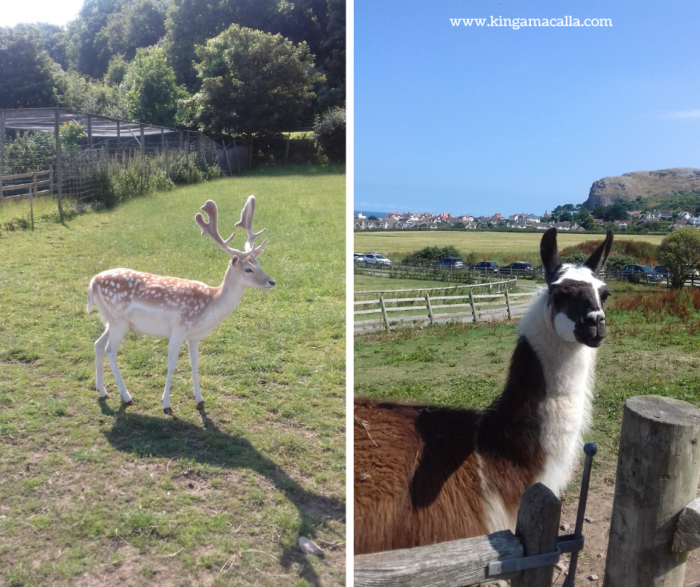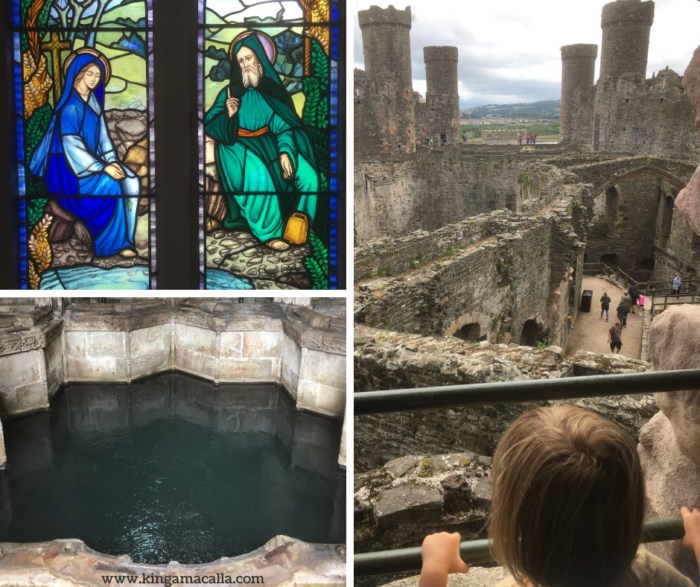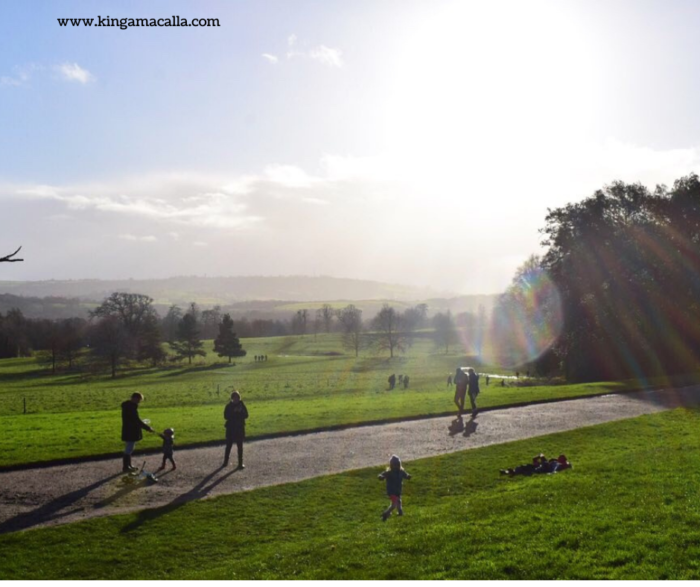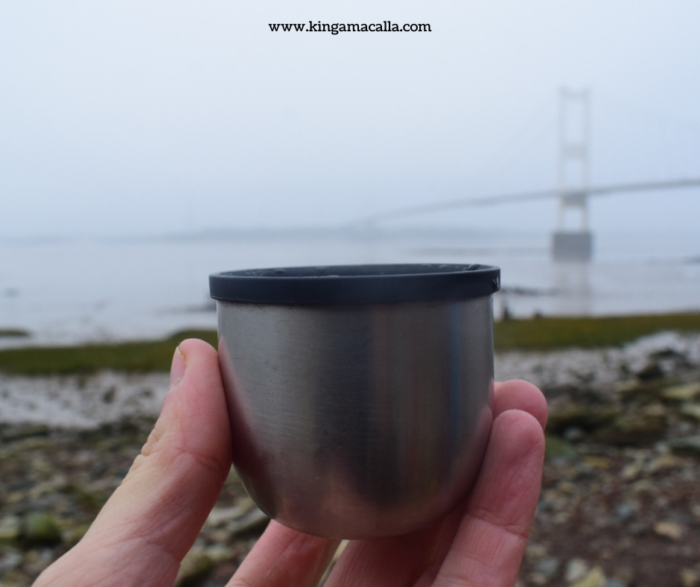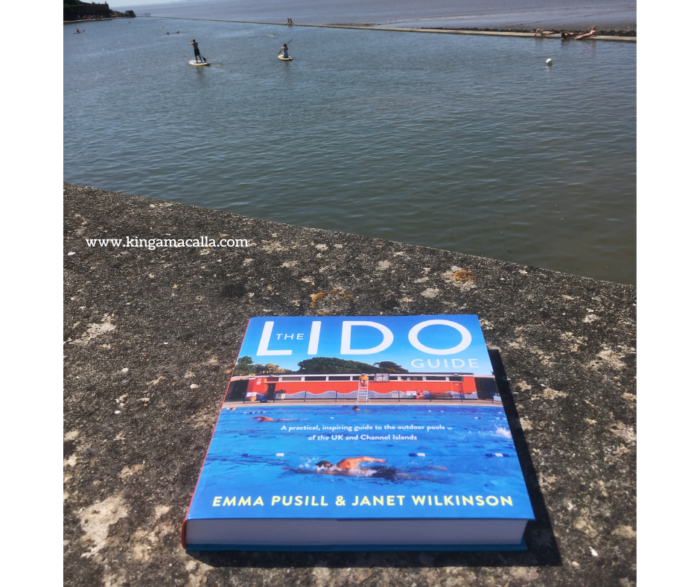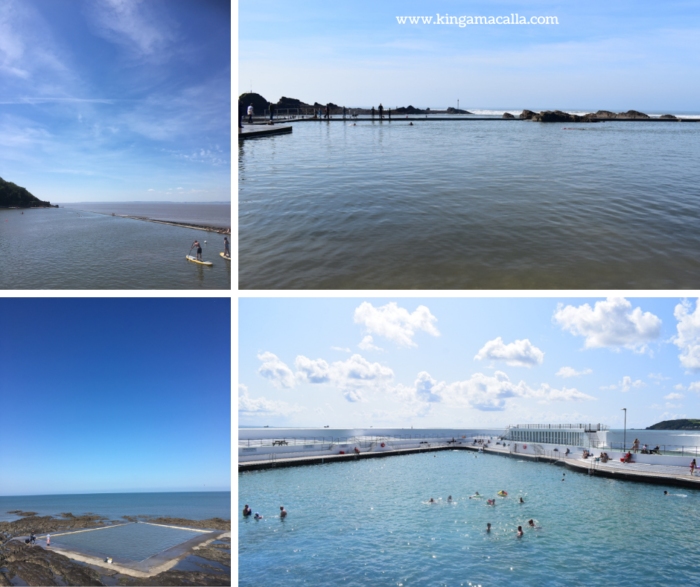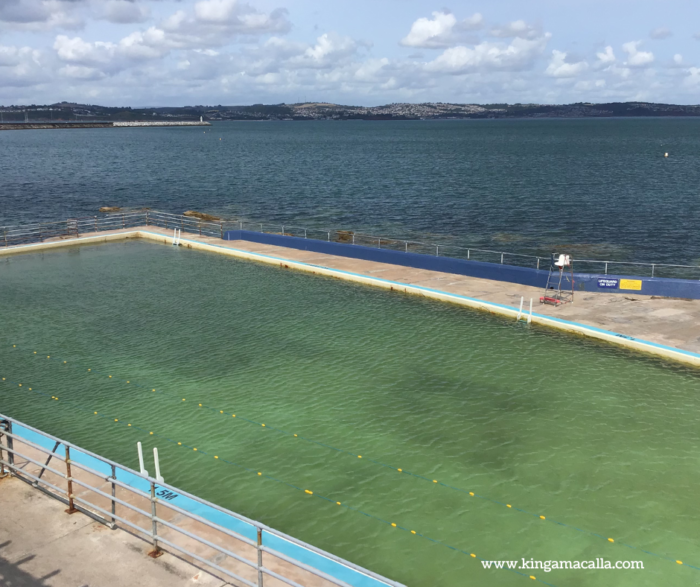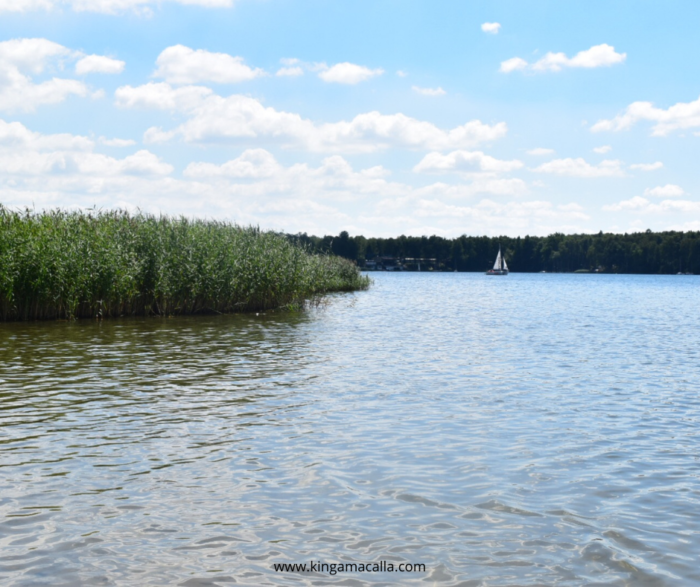When you plan your walking weekend with two little girls, it’s going to be a slow walking weekend, and reaching any destination will be an idealistic dream rather than your reality. However, I should admit that my girls are amazing walkers. Without any complaints – almost (!) – they are ready for the unknown walking plans of their parents, with a smile and a stick to make it all possible!

Also, I felt sentimental about going back to South Devon, as the last weekend we spend there was in winter 2018, when our oldest daughter was only 3 and now she’s 7. Now we also have another daughter aged 3. Further to that, we had day-trips to South Devon with both girls in spring 2020, with the most beautiful summery weather. This time we went to Devon in autumn 2020, but the weather truly spoiled us: apart from short showers, we had a full weekend of sunshine!
Wild swimming walks
As an inspiration for our walks in South Devon, I used Wild Swimming Walks by Sophie Pierce and Matt Newbury. I wrote about this publication here, as it’s a wonderful guidebook to walking and wild swimming in Dartmoor and South Devon, with 28 lakes, rivers and beach days out to choose from.
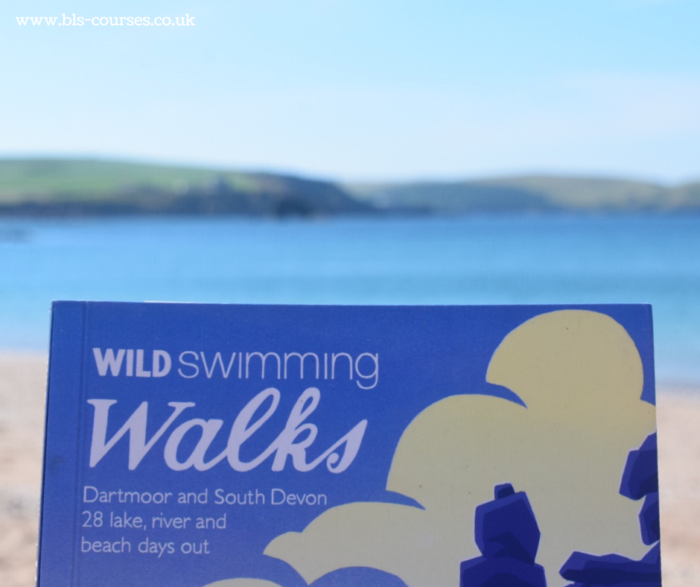
Walking
Our walking attempts followed these trails: Little Dartmouth (with a little stream to paddle in); Thurlestone Beach-Hope Cove (that was our longest walk, even though we didn’t reach our destination); North Sands-South Sands (with a very steep driving road to the car park); Blackpool Sands (we saw a small seal playing in the sea!). The weather was beautiful, so we could enjoy the views, but even so, some parts of the paths were quite muddy / with large puddles. We had a sling, but our 3-year-old was determined to complete all the walks by herself!

Swimming
While walking, we also wanted to enjoy some splashing in the sea, especially because the weather was amazing for autumn. We obviously went to Thurlestone Beach, to Leas Foot Sand, to be precise! That’s one of my favourite beaches in South Devon, but the sea water is quite cold. We also visited North Sands; we stayed on the beach longer, even though the high tide was coming in. The sea was warm and many people enjoyed swimming in it. We also went to Blackpool Sands, but on that day, the waves were too high and very strong.
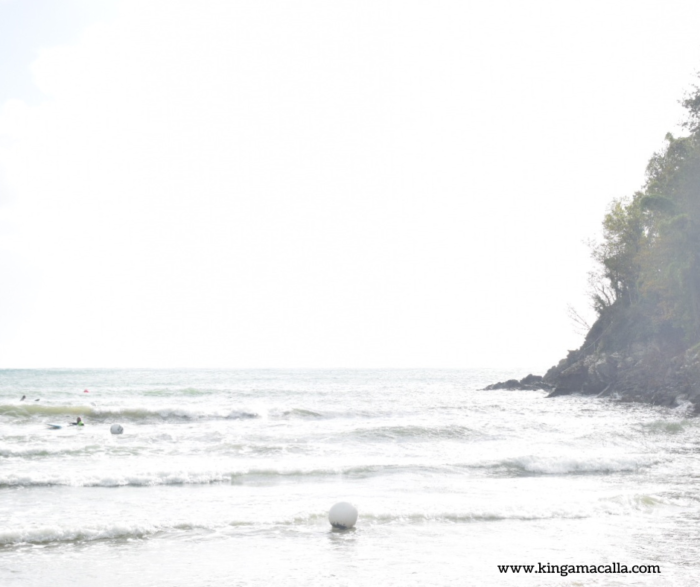

Do you go for long walks with your children? Please let me know in the comments below.
